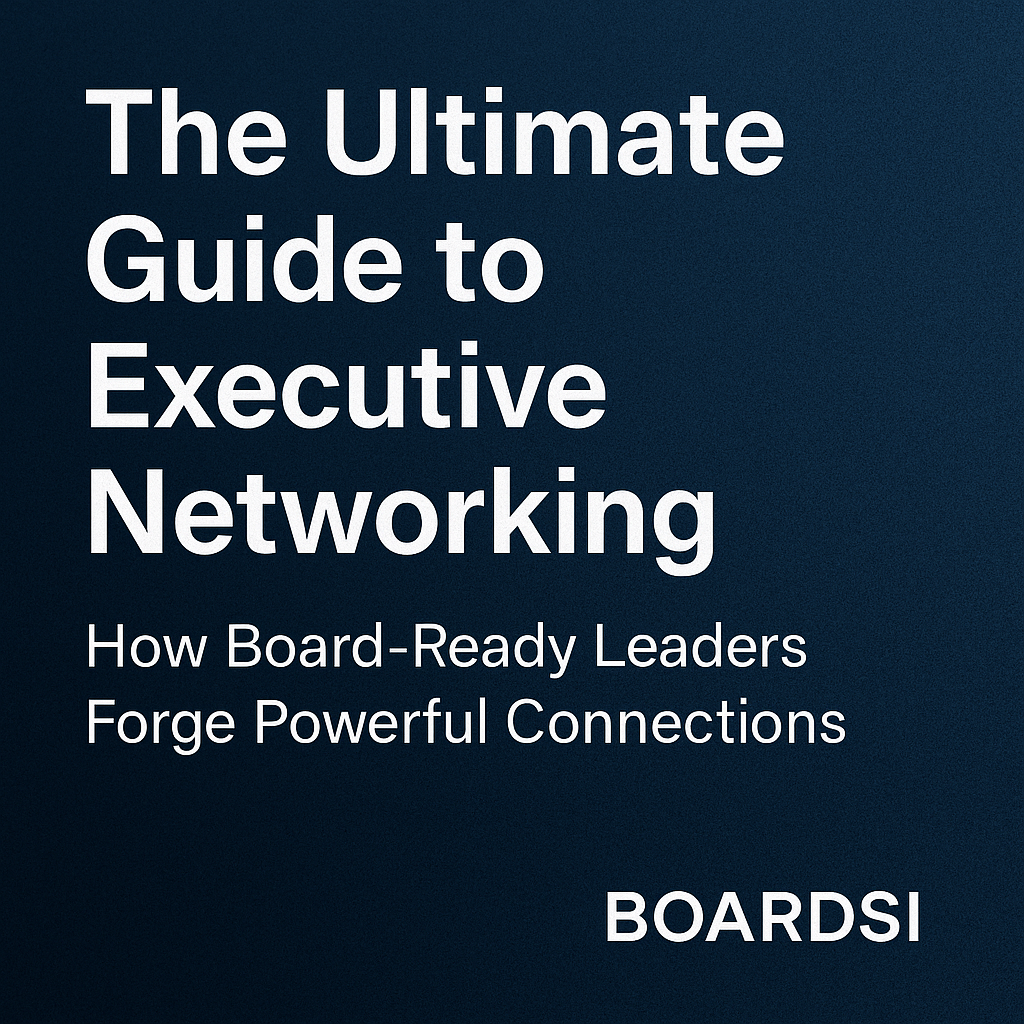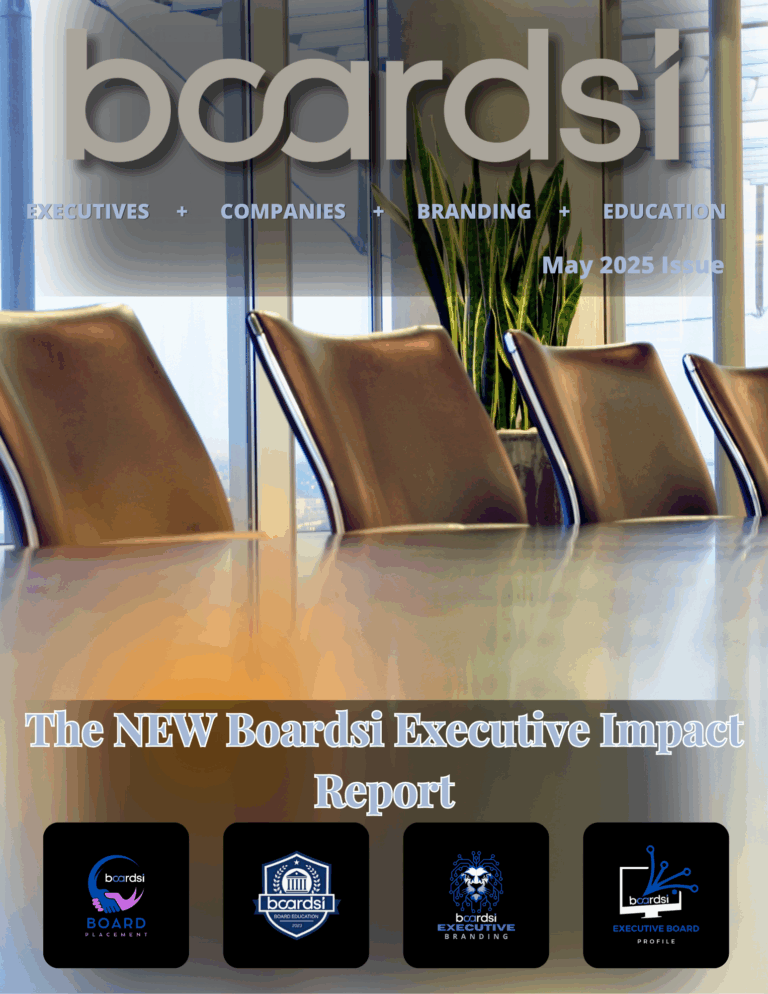Some regular practices may seem harmless but can hinder your effectiveness as a leader.
To build and guide a company or organization takes a lot of good habits, and successful leaders soon learn and adopt practices that help them stay on top of to-do lists, keep their teams engaged, plot smart goals, and balance their personal and work lives. But being a successful leader isn’t just about having good habits—it’s about avoiding bad ones.
1. THINKING ALOUD
Avoid thinking aloud in front of your team rather than taking the time to gather your thoughts. While it may feel like you’re inviting them into your decision-making process, doing so outside of brainstorms or time dedicated to idea generation may accidentally diminish your team by leaving them overwhelmed or working to pursue your many ideas without any sense of priority or where to begin. – Daria Burke, JustFab
2. FOLLOWING THE CROWD
Following “what everyone else does” or a playbook you have used previously is assuredly a recipe for a misstep. While it’s important to leverage benchmarks and gain an understanding of other approaches, there’s no playbook for the present business you are in. There are similarities, but the playbook for what, when, and how to execute today needs to be created in real time, within your organization. – Nick Schneider, Arctic Wolf
Being available 24/7 seems like a great way to serve your team and clients, but it is not sustainable if you want to cultivate the focus needed to do deep work. If you keep all your notifications on, you are likely in a state of constant reactiveness. Successful leadership requires focus, clarity, and perspective. You need to foster the ability to respond strategically to situations as opposed to reacting. – Liza Streiff, Knopman Marks Financial Training
4. NOT LISTENING TO YOUR GUT
Don’t blindly take advice from the experts without listening to your gut. It’s easy to default to others who have strong pedigrees, experience, and data to back them up. But question their input if it goes against what your gut says. Dig into it further. There have been times when I’ve followed my gut and did things that did not make sense on paper, and they’ve ended up being a differentiator for us. – Jason VandeBoom, ActiveCampaign
5. FAILING TO DELEGATE
One of the most detrimental habits is not delegating tasks because you assume that you can do the task better or you don’t trust someone else to do it quickly and/or correctly. The most important responsibility for any leader is helping empower others to take on important tasks so that leaders can focus on new efforts instead of supporting old ones. – Noah Mitsuhashi, noahmitsuhashi.io
One “habit” that I have seen hinder a company’s success is when an unfocused leadership team chases every possible solution. During the pandemic, some companies pivoted by going super niche, others by expanding their offerings, others by changing completely. Leaders who panicked and flailed by trying to be everything to everyone are probably not in business or are struggling pretty hard right now. – Viveka Von Rosen, Vengreso
7. OVERCOMPENSATING
Before COVID, many times I fell into the trap of overcompensating when I did not have an answer for a business problem. During the beginning of the pandemic, I learned to admit that I truly do not have every answer. Co-creating solutions with your people through empathy, transparency, and honesty are critical success factors for any leader. Remember, there is no instruction manual for CEOs. – Steven Moy, Barbarian
8. BEING TOO DIRECT
Bad leadership includes being too direct—to the point of being impolite—with the excuse of “being honest.” Imagine the difference between telling an employee that they failed at a task and caused a bad outcome, as opposed to sitting down them, praising them for their previous successful work, and encouraging them to do better with the next task. – Yoav Vilner, Walnut
One bad habit that I have witnessed over time is a lack of accountability: The habit of blaming everyone else and never taking responsibility is toxic in any organization. A leader’s role should be to protect those they lead and help them grow. Own it and be accountable. If someone makes a mistake, have a private, encouraging conversation that they can learn and grow from. – Martin Rowinski, Boardsi
10. BEING REACTIVE
Leaders with a proactive mindset will accept responsibility for a situation and take the initiative to make things better. Reactive individuals let their circumstances define their decisions, whereas proactive leaders allow their values to drive their choices. Proactive leaders act rather than being acted upon. – Irfan Khan, CLOUDSUFI
11. NOT MOVING THROUGHOUT THE DAY
Before you know it, 20 or 30 years have gone by in your career and you’ve been working at a computer for most of them. The majority of people don’t stand or stretch enough during the workday. Invest in one of those electric standing desks, and take time every day to walk. What seems like such a minor thing—sitting down for most of the day—can really catch up to you 20 years later. – Laura Kerbyson, Laura Kerbyson Design Company
I look to keep myself as busy as I can so I make snap decisions and live by them. If there is too much time to think about or review a course of action, then you’re more likely to talk yourself out of the right path. Trust your gut and run with it. – Brad Burns, Wayne Contracting
13. NEGLECTING SELF-DEVELOPMENT
Don’t say you “don’t have the time” for self-development. Leadership comes with great responsibility, and finding time to invest in yourself may seem challenging. But by continuously building your skills and emotional intelligence, you can elevate your capacity to lead with more humanity, creativity, and efficiency. This will enhance corporate results and fuel employee engagement and retention. – Andreea Vanacker, SPARKX5
14. KEEPING PEOPLE WAITING
Being late for meetings may seem like no big deal, but it sends a signal about how little you respect and value the time of the person who was on time and had to wait for you. Try instead to cultivate a habit of being punctual, or even early. Time is our greatest gift, and valuing it appropriately sets a solid foundation for productivity. – Jessica Federer, Boston Millennia Partners
We’re all part of the always-on hustle culture, and this can lead to overworking and burnout. As leaders, it’s important for us to promote a healthy balance and ensure that we recognize people for good output, not long hours. – Scott Burgess, Continu
16. NEVER SAYING ‘NO’
While on the surface saying “yes” to everything seems like a good leadership quality, it’s really a hindrance. Knowing the limits on your time and having the resources to decline, defer, or delegate are much more impactful for the business and yourself. – Jeannie Houchins, BCW Global









